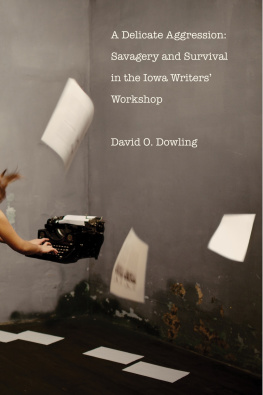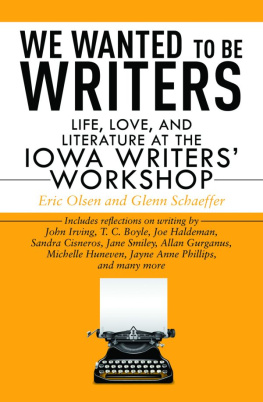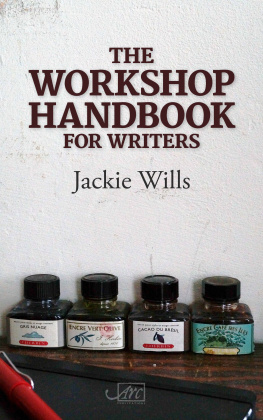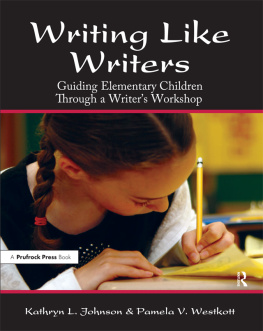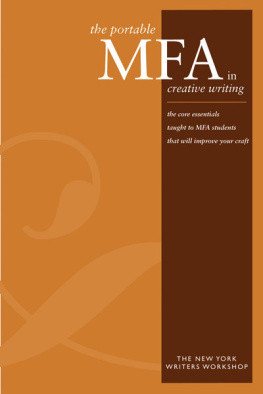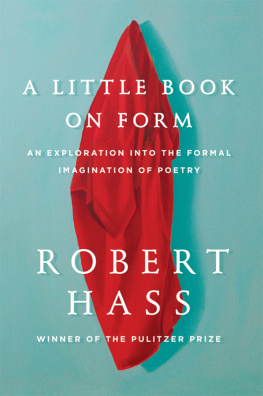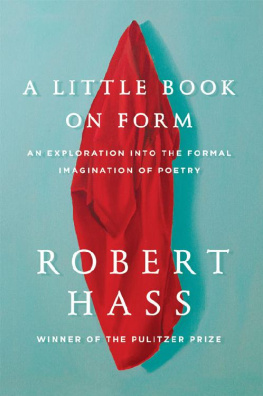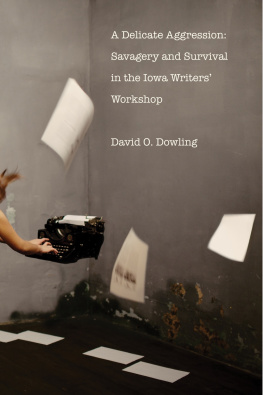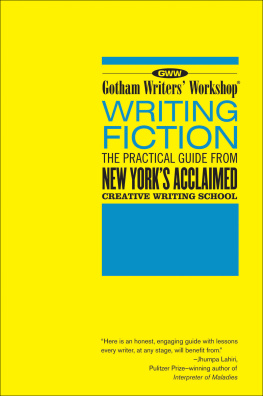A D ELICATE A GGRESSION

Published with assistance from the Louis Stern
Memorial Fund.
Copyright 2019 by Yale University.
All rights reserved.
This book may not be reproduced, in whole or in part, including illustrations, in any form (beyond that copying permitted by Sections 107 and 108 of the U.S. Copyright Law and except by reviewers for the public press), without written permission from the publishers.
Yale University Press books may be purchased in quantity for educational, business, or promotional use. For information, please e-mail (U.K. office).
Set in Scala type by IDS Infotech, Ltd.
Printed in the United States of America.
ISBN 978-0-300-21584-7 (hardcover : alk. paper)
Library of Congress Control Number: 2018950106
A catalogue record for this book is available from the British Library.
This paper meets the requirements of ANSI/NISO Z39.48-1992 (Permanence of Paper).
10 9 8 7 6 5 4 3 2 1
For my faculty colleagues and students in the School of Journalism and
Mass Communication at the University of Iowa
C ONTENTS
A CKNOWLEDGMENTS
This project benefited from many who generously contributed their aid and wisdom. Among them, my faculty colleagues at the University of Iowa School of Journalism and Mass Communication have played a crucial role in the conception, development, and funding of this book. They include Stephen J. Berry, the Pulitzer Prizewinning investigative journalist, who read an early draft and provided valuable comments; Travis Vogan, a longtime co-author and collaborator who lent sage advice and useful feedback on key chapters from the beginning; and David Ryfe, who supplied essential administrative and financial support. Stephen Blooms insight and encouragement have been invaluable. Our many conversations about the finer points of preparing a manuscript of this scope were inspirational. Subin Paul, my research assistant, made a profound contribution to the book by tracking down leads and scouring hundreds of boxes of archival material. This project would not have been possible without his vital presence at every stage of its research and writing. Subin toiled in the trenches beside me from the onset; he deserves much of the credit for this achievement.
Brooks Landon, former English department chair, kindly shared his voluminous knowledge of many of the figures discussed in this book as well as the larger institutional history of the Workshops relationship with the English department. In the Special Collections department of the University of Iowas main library, archivist David F. McCartney deserves special recognition for his professionalism, advocacy, and compassion. It was a privilege to have worked with an archivist of his caliber, especially one whose mastery of University of Iowa and Iowa City history is unmatched. He was a beacon of light throughout the entire journey. He and Kelly A. Smith, Iowa Writers Workshop curator of the Glenn Schaeffer Library at the Dey House, were instrumental in arranging access to important materials.
My friends and colleagues in the International Association for Literary Journalism Studies, Bill Reynolds, Joshua Roiland, John J. Pauly, William Dow, Norman Sims, and David Abrahamson contributed vital suggestions and encouragement that enriched the manuscript. I am grateful to Connie Brothers for sharing her candid memories and decades-long experience in the main office of the Iowa Writers Workshop. Her reflections brought to life many of the scenes depicted in this book. The many Workshop staff and graduates who graciously accepted my requests for interviews, from Tracy Kidder to Marilynne Robinson, deserve acknowledgment. I thank Paul Ingram of Prairie Lights Bookstore in Iowa City for insisting that a new history of the Workshopby a non-affiliate of the programneeded to be written. Pauls recollection of the many distinguished figures Prairie Lights hosted over the decades sparked my full commitment to this project. Sarah Miller, my Yale University Press editor, has my deepest appreciation for her care and professionalism. I also owe a deep debt of gratitude for the meticulous work of Yales senior manuscript editor Phillip King and publishing assistant Ash Lago. Their compassion, patience, and wit made for a productive and delightful process.
Immersion in this vast undertaking would not have been possible without author and professor Caroline Tolbert and our children, Jacqueline, Eveline, and Edward, who backed this research through all its stages with their love and strength. I owe the world to them.
T IMELINE
Author | Years at IWW | Major Works Linked to IWW |
Flannery OConnor | 19451948 | Wise Blood |
W. D. Snodgrass | 19511953 | Hearts Needle |
Robert Shelley | 19491951 | Harvest |
Evening in the Park |
On My Twenty-First Birthday |
R. V. Cassill | 19461952, 19601966 | Clem Anderson |
In an Iron Time |
Marguerite Young | 19421943, 19551957 | Miss MacIntosh, My Darling |
Robert Lowell | 19501951, 19531954 | Life Studies |
Dylan Thomas | 1950 | Collected Poems,19341952 |
John Berryman | 19531954 | Homage to Mistress Bradstreet |
Kurt Vonnegut | 19651967 | Slaughterhouse-Five |
John Irving | 19651967, 19721975 | The World According to Garp |
Sandra Cisneros | 19761978 | The House on Mango Street |
Rita Dove | 19751977 | The Yellow House on the Corner |
Jane Smiley | 19731978 | Barn Blind |
T. C. Boyle | 19721977 | Descent of Man |
Marilynne Robinson | 19912016 | Gilead |
The Givenness of Things: Essays |
Anthony Swofford | 19992001, 2007 | Jarhead |
Ayana Mathis | 2009present | The Twelve Tribes of Hattie |
Introduction
On a drunken evening in the winter of 1954, renowned Pulitzer Prizewinning poet John Berryman groped for his mangled horn-rimmed glasses. Phil Levine, one of Berrymans star MFA creative writing students at the Iowa Writers Workshop, had just landed a savage punch in his instructors face, sending him reeling in pain. Recently hired on the recommendation of his world-famous predecessor, Robert Lowell, Berryman filled his classes on the basis of his esteemed literary reputation. But many fled once exposed to his blow-torch approach to conducting his graduate seminar in poetry writing. Levine ironically was among the thirteen out of forty students brave enough to remain in Berrymans course and hang in there against Johns special mix of crankiness, brilliance, and cruelty, as Robert Dana recalled.
Although Berrymans tenure would end after one short semestera tumultuous affair punctuated by a fall down a flight of stairs through a half-glass door that left him happy to be alive in the hospital after an evening drinking with his Princeton friendsLevines punch in the eye established a lifelong friendship with his mentor.
Next page
